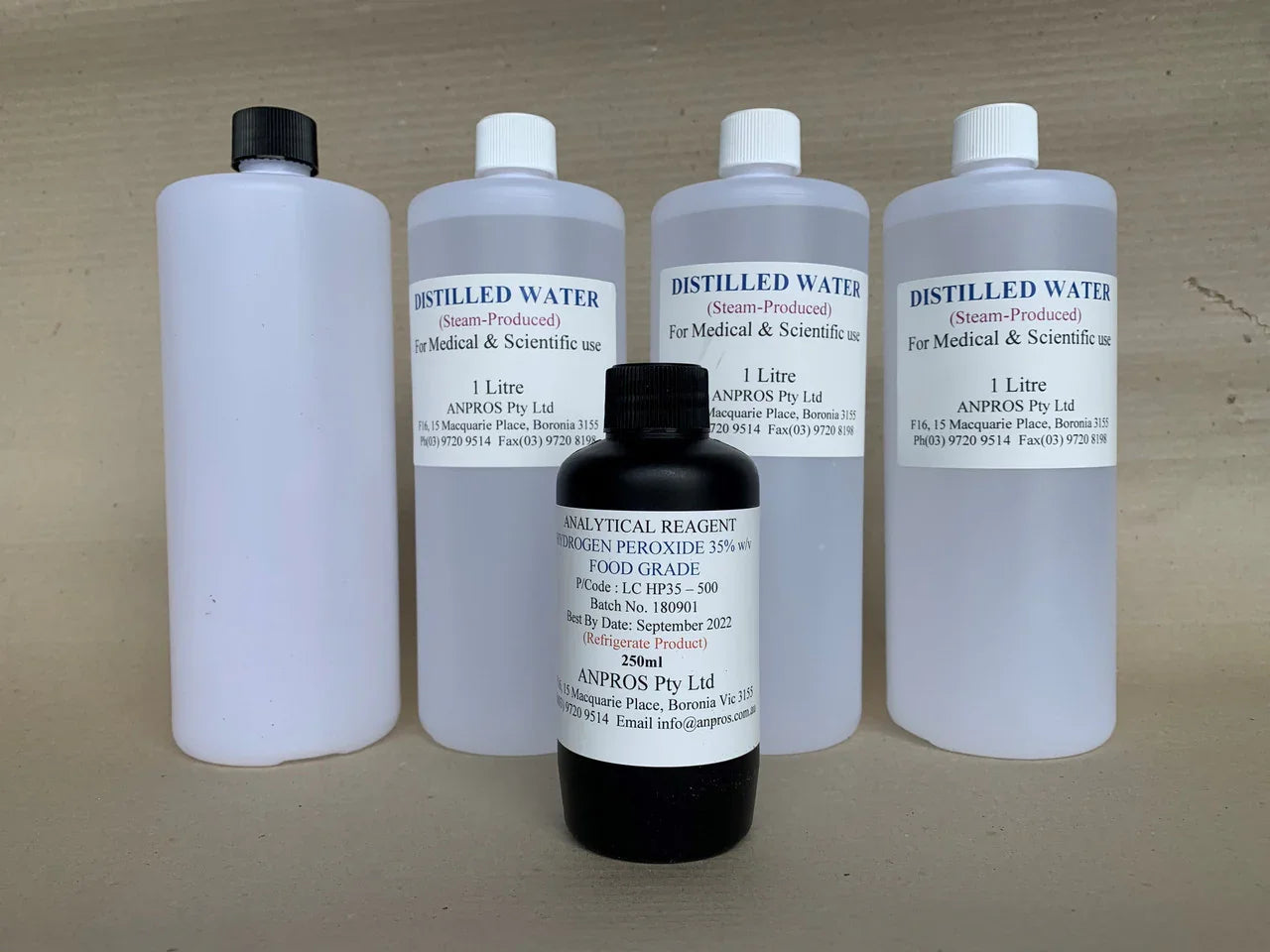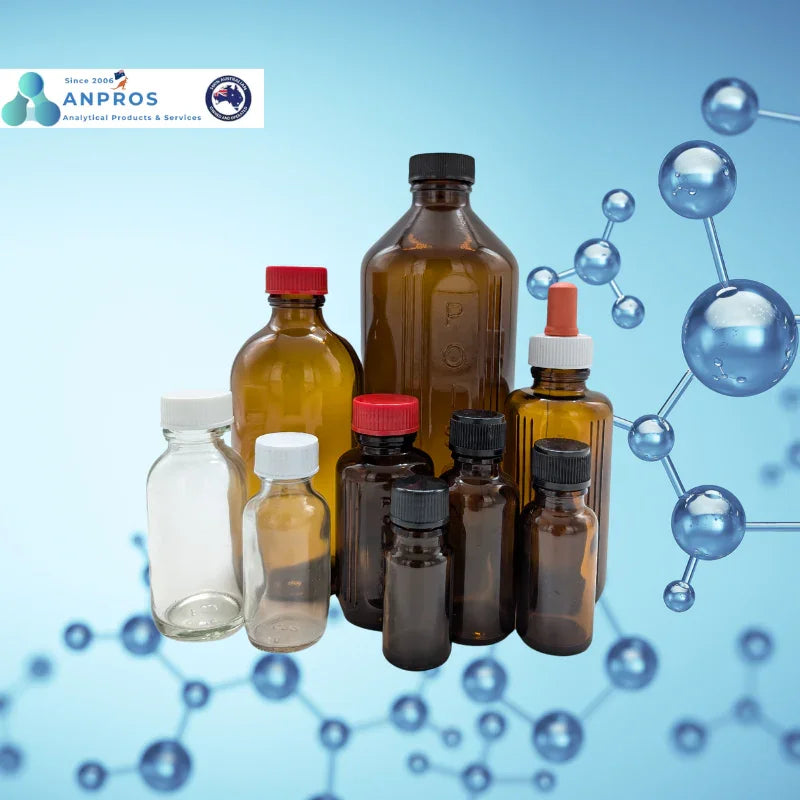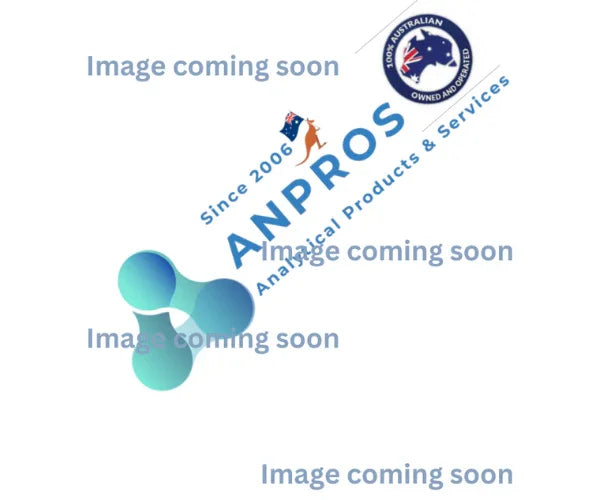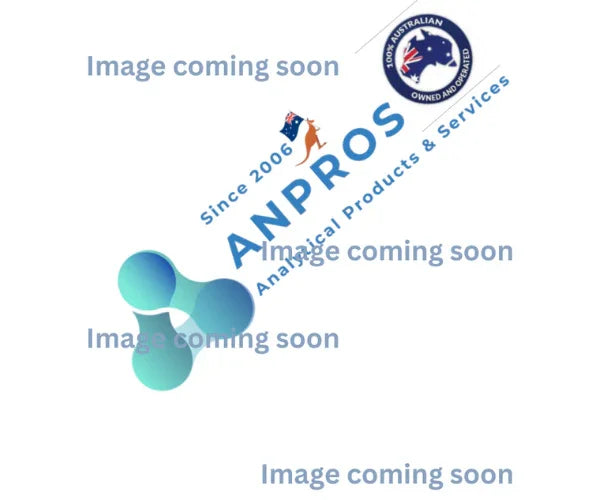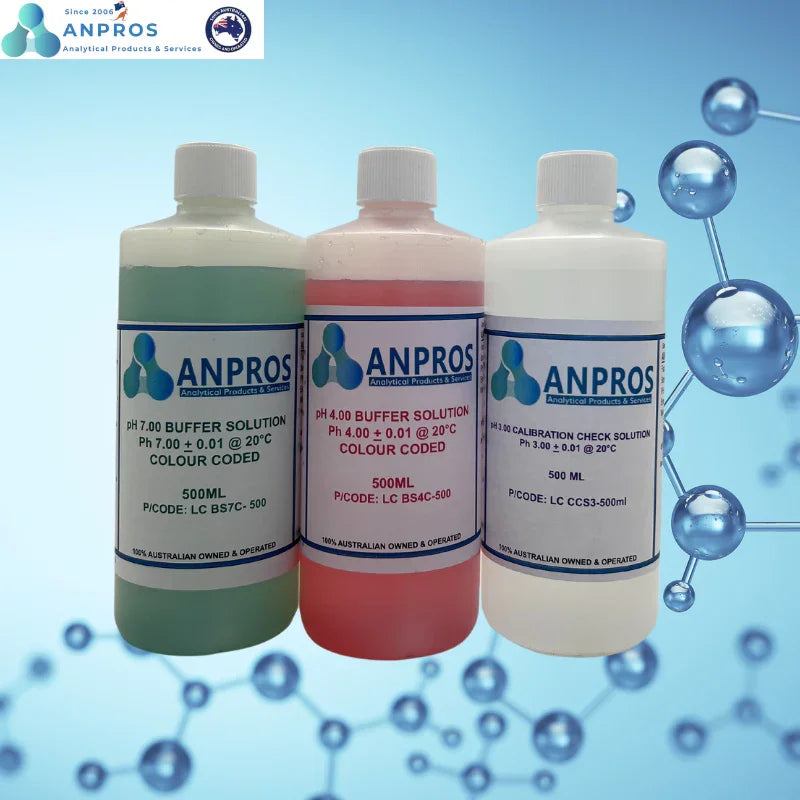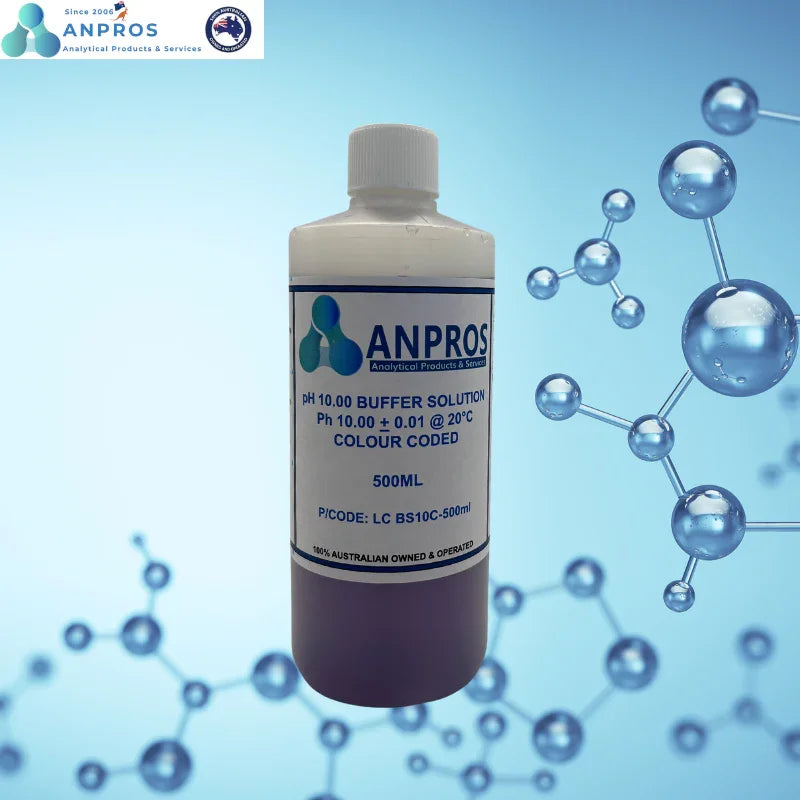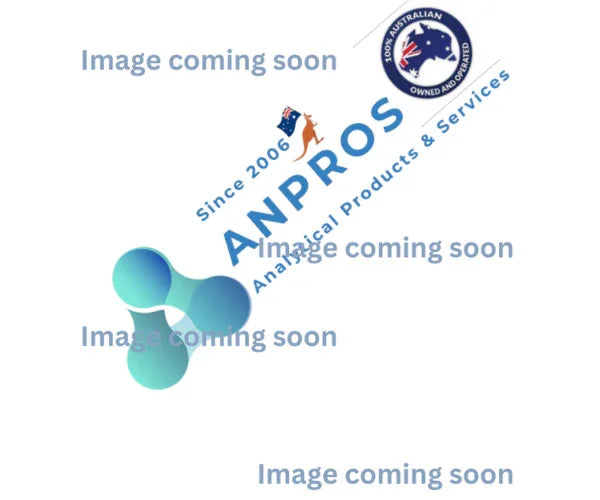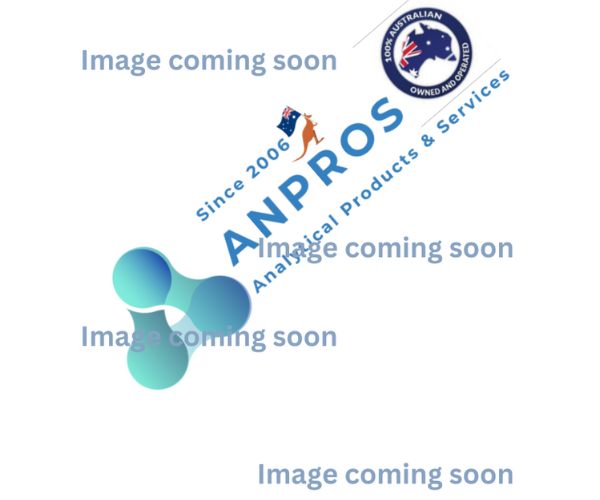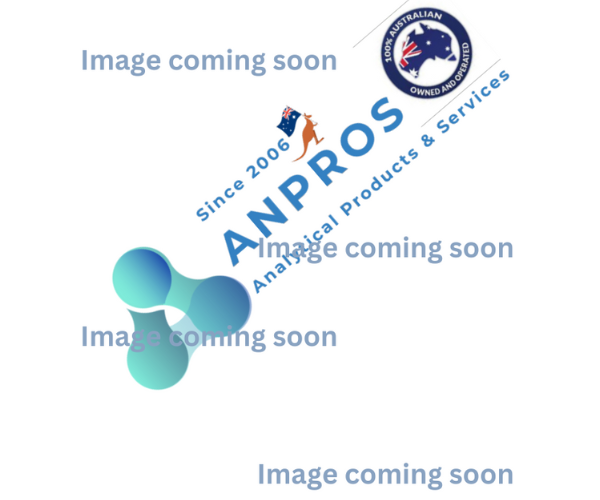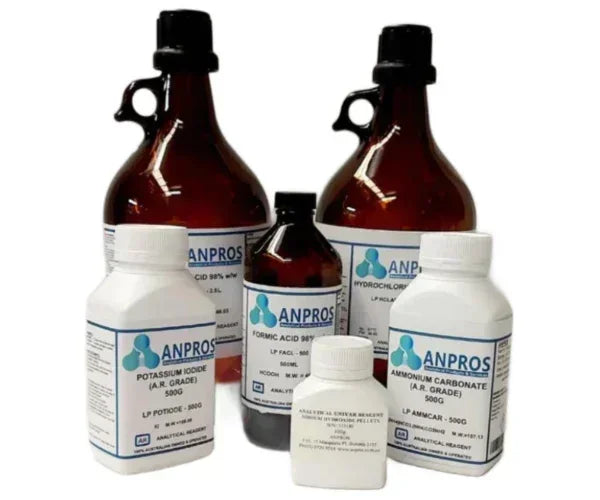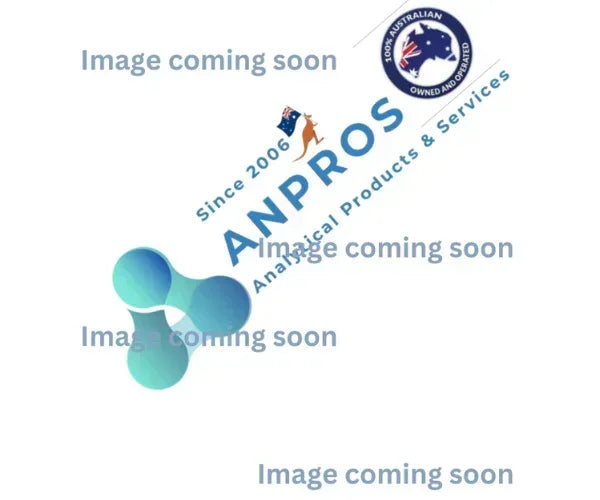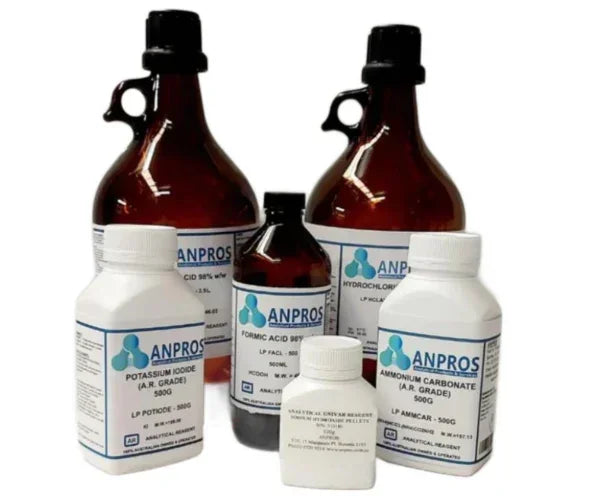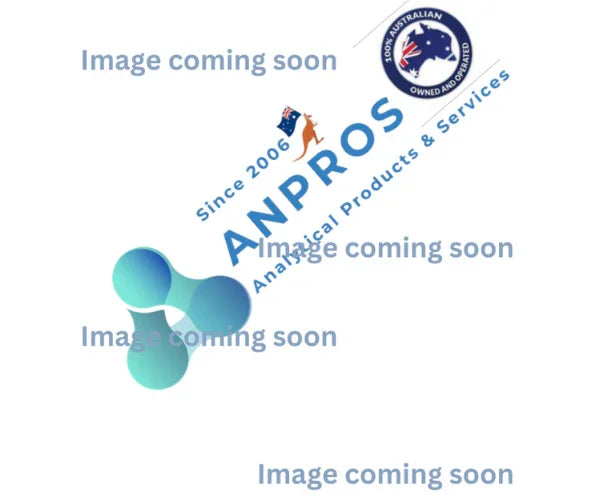

ANPRORED Red Winemaking Enzyme
Replacement for Crystalzyme® Tinto ANPRORED is an enzyme system specifically designed to enhance the production of, and the organoleptic characteris-tics of premium red wines. Is especially effective on Cabernet Sauvignon, Merlot, Grenache, Malbec, Pinot Noir and Shiraz grapes. Takes advantage of enzyme synergies to selectively and effi-ciently breakdown grape pectin...
Replacement for Crystalzyme® Tinto ANPRORED is an enzyme system specifically designed to enhance the production of, and the organoleptic characteris-tics of premium red wines. Is especially effective on Cabernet Sauvignon, Merlot, Grenache, Malbec, Pinot Noir and Shiraz grapes. Takes advantage of enzyme synergies to selectively and effi-ciently breakdown grape pectin and complex polysaccharides. ANPRORED is a proprietary enzyme system produced by the controlled fermentation of non-genetically modified strains of Aspergillus niger. The food grade, liquid formulation contains no chemical preservatives.
Benefits obtained with ANPRORED include: Reduced the viscosity of, and increases the clarity of young wines.
Reduces or eliminates the need for fining and/or filtration.
Wine is well-clarified early in the winemaking process. Rough filtration is not needed. In some cases, polish filtration is not necessary.
Adds complexity to the finished wine, even with high-quality fruit. The enzyme treatment increases the extraction of mature, polymeric tannins. These tannins are often referred to as “soft tannins” which gives the wines a rounder, softer, mouthfeel.
Note: Over-extraction with some enzyme preparations has led to the extraction of monomeric tannins, which exhibit a harsh, astringent effect on the palate. These tannins are often referred to as “Drying tannins” due to their negative impact on mouthfeel. Increases process efficiency by shortening press and fermentation time.
Increases juice and wine yields.
The treatment of must with ANPRORED has proven to increase efficiency in the winery. The amount of higher quality free run juice is increased, decreasing the amount of time needed in the press. This leads not only to increased yields but also allows tanks to be pressed off earlier in the process, opening up tank space for increased production volume. In general, the enzyme-treated wines need at least one less day of fermentation, due to the increased extraction and increased free run.
Increases colour extraction and stability; especially in low colour yielding grapes.
Enzyme treatment produces a brighter, more brilliant colour. Colour extraction occurs much more quickly with enzyme treatment, and the colour stability is greatly enhanced. The colour extraction is especially dramatic with lower colour-yielding fruit. For example, enzyme-treated Pinot Noir exhibits a much more deep, brilliant colour than non-enzyme-treated wine. Similar results have been obtained from fruit that is not optimally ripe.
OU Kosher
Properties:
Activity: 2,000 T 2,000 TU/g
Solubility: Miscible with water
Liquid Form: Dark Amber
Specific Gravity: 1.15-1.2
Usage – Dosage Rate:
The optimum dosage rate depends on the quality and polysaccharide content of the grapes, the process, and the processing conditions. Conduct laboratory tests to optimize dosage.
Initially evaluate at ANPRORED 10-25 ml / Tonne (1000Kg) grapes or 15-38 ml/1000L of juice). In general, the rate of poly-saccharide hydrolysis is proportional to enzyme concentration and a higher enzyme dose will be required when must temperatures are lower, or when treatment time is decreased.
To ensure enzyme dispersion in the process dilute one (1) part ANPRORED with nine (9) parts water before addition. Add the diluted enzyme to the grapes at the crusher or directly to the must tank.
Effect of pH:
ANPRORED demonstrates optimum activity over the range of pH 3.0-4.0. It is effective over the range of pH 2.5-5.5.
Effect of Temperature:
ANPRORED is effective in the winery without any temperature adjustment. In general, process temperatures should never exceed 50°C (122°F).
Packaging:
is available in the following pack sizes: 25g(20ml), 125g(100ml), 250g(200ml), 500g(400ml), 1Kg(800ml)
Storage:
The loss of activity is normally 1 – 3% when stored in dry, sealed containers under refrigeration [<5°C (41°F)].






